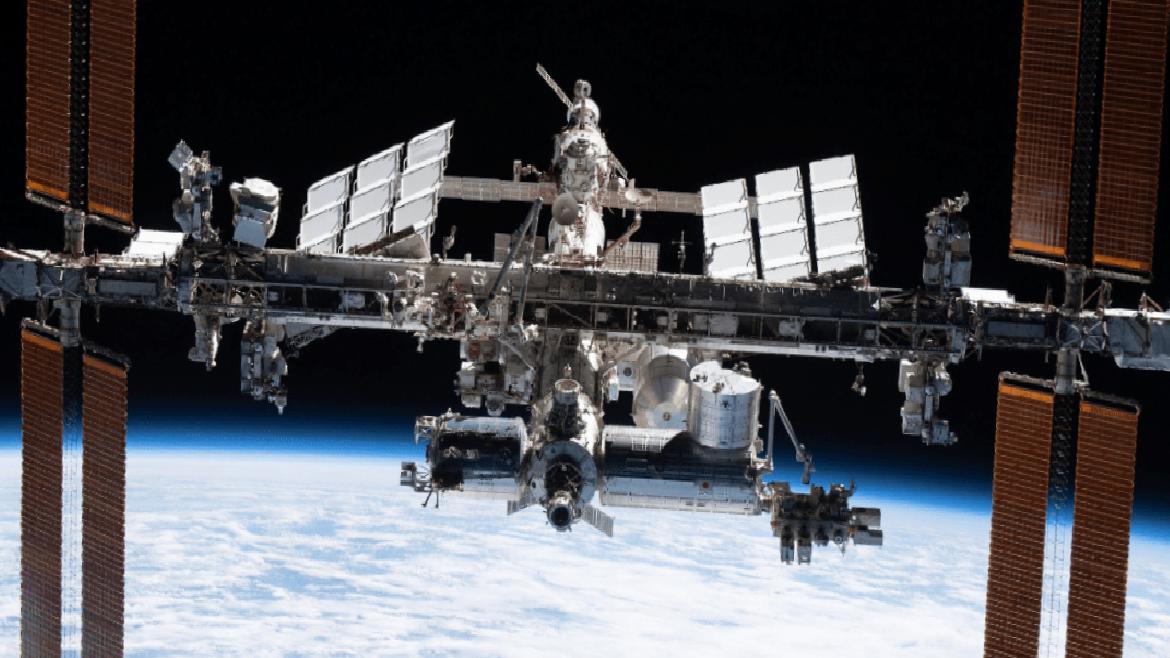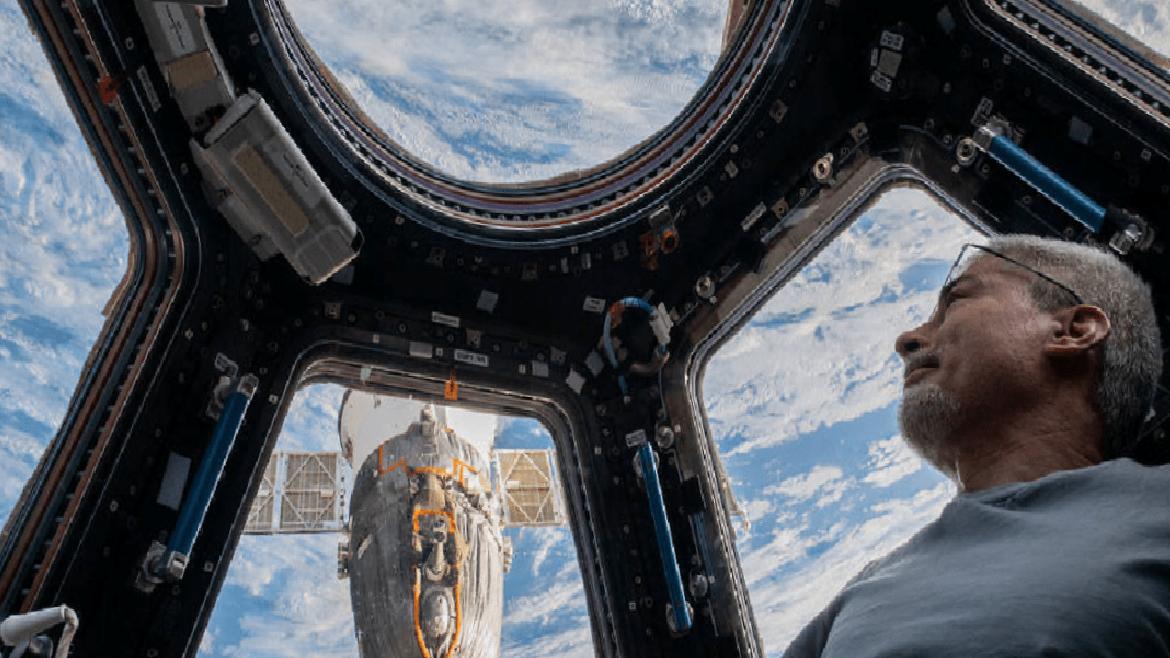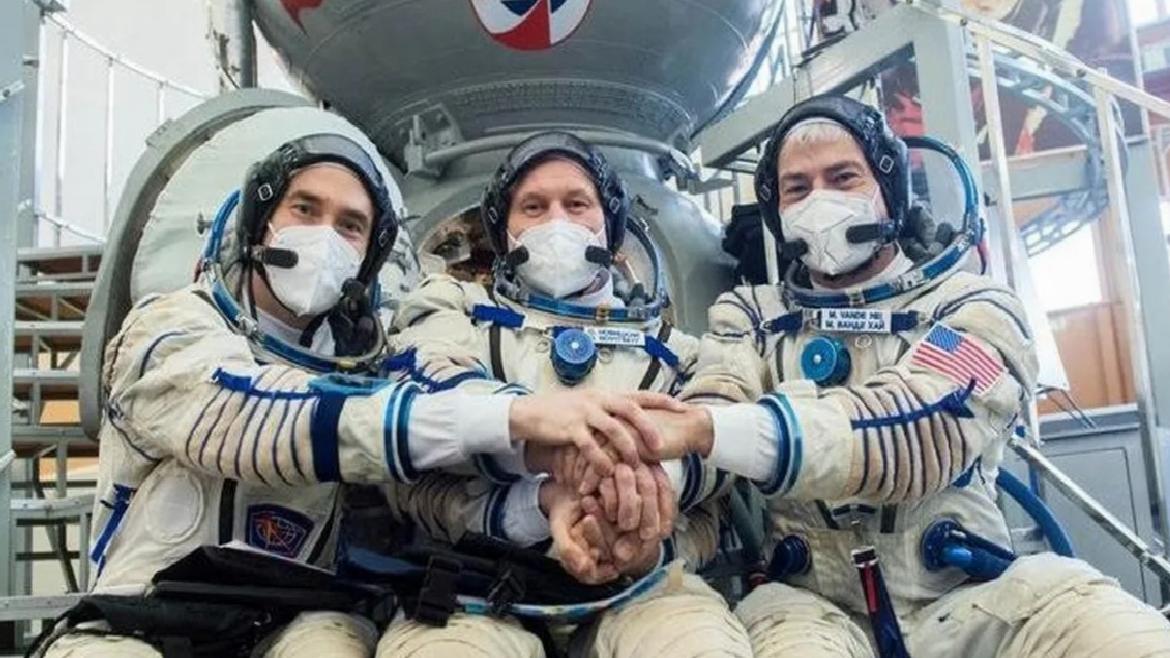The International Space Station (ISS) has hosted many space projects since 1998. During this time, dozens of astronauts visited this place. The station is in the news with a different event this time. NASA astronaut Mark Vande Hei has been on the ISS for some time along with Pyotr Dubrov and Anton Shkaplerov. The astronauts completed their mission and returned home.
Astronaut Mark Vande Hei, 355 days on the ISS
NASA astronaut Mark Vande Hei, accompanied by Russian cosmonaut Pyotr Dubrov, set a record for the longest spaceflight. The astronauts reached the International Space Station (ISS) on April 9, 2021. Vande Hei, who has been working since then, made history as the longest NASA astronaut by staying on the ISS for 355 days.

Holding the record for the longest NASA astronaut on the ISS, held by astronaut Scott Kelly in 2016, Vande Hei, together with cosmonauts Pyotr Dubrov and Anton Shkaplerov, launched a Russian Soyuz spacecraft. He returned to Earth with his vehicle. The group landed in a remote area southeast of Dzhezkazgan in Kazakhstan, about four hours after leaving the ISS. Vande Hei shared his first thoughts on Twitter with the following words.
The International Space Station is an amazing place visited by wonderful people working for humanity. I will cherish the memories of serving on the ISS forever. Now, though, I’m so excited to be back on Mother Earth!

Russia-USA tension in the war environment was not a problem for Mark Vande Hei
Russia’s invasion of Ukraine affected the whole world as well as space. Impressed. So much so that it was claimed that Russia would not take American astronauts to the returning Russian vehicle Soyuz. When these allegations increased strongly, the Russian Federal Space Agency flatly denied the situation.

Mark Vande Hei, during his mission, has done important work for NASA’s future projects. In addition to these works, he continued to share the unique photos he took from the ISS. There will be a series of reviews on Vande Hei on his return. So much so that how the body reacts under long-term microgravity conditions will be observed.
What do you think about this issue? You can share your views with us in the comments section or on the SDN Forum.